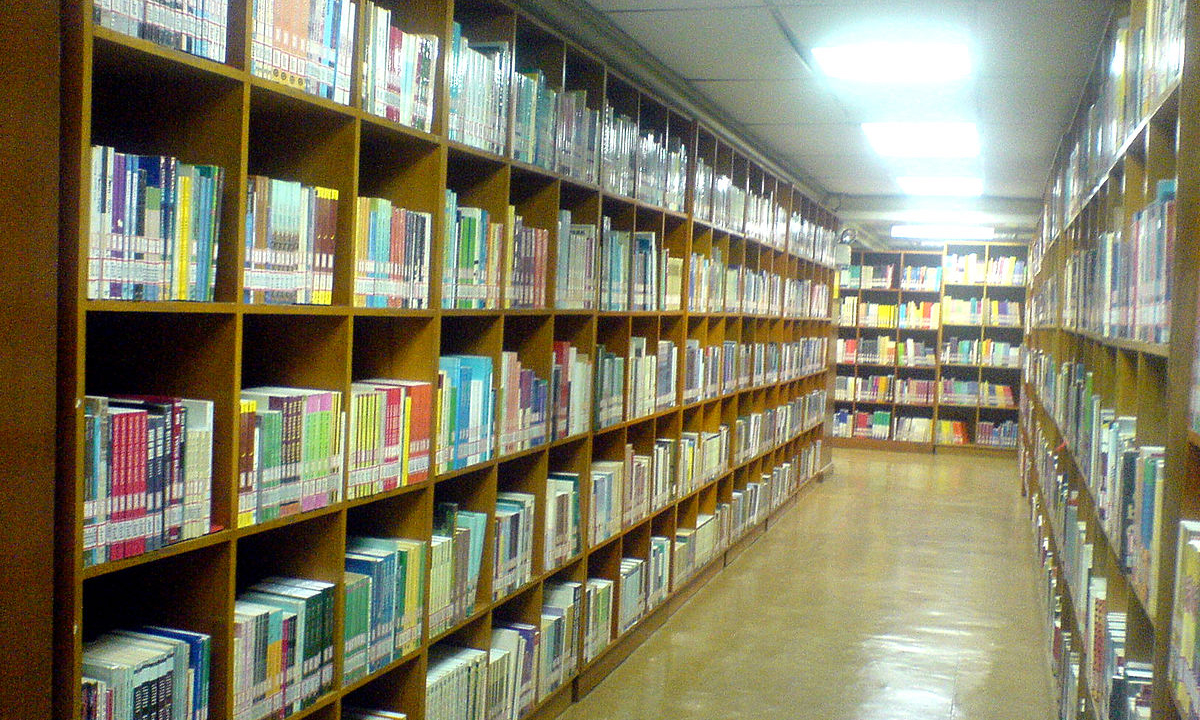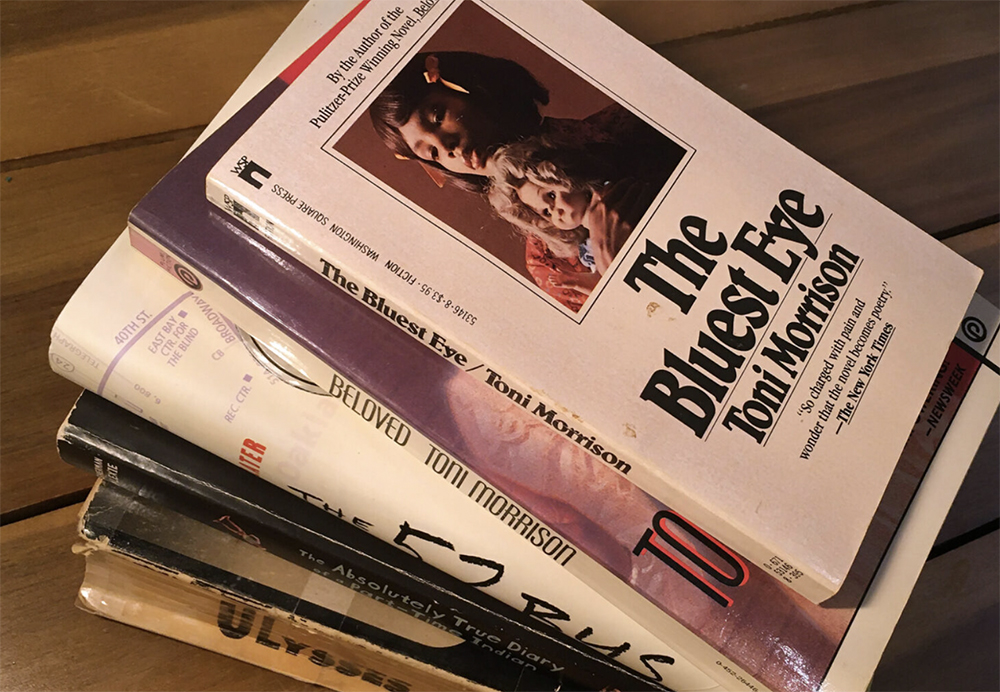Training For Public School Librarians Could Mean More Book Bans and Censorship
Conservatives say rule doesn’t go far enough to limit ‘harmful’ material

Get stories like this delivered straight to your inbox. Sign up for The 74 Newsletter
Florida’s top education officials on Wednesday approved new training protocols for school librarians to consider “bias,” “indoctrination,” and “pornography” when vetting books and other materials in schools.
The training, in part, instructs media specialists to “err on the side of caution” when deciding whether a book is appropriate for school libraries.
This point speaks to a larger trend in limiting ideas students are exposed to in Florida public schools.
However, some conservative activists argued the rules do not go far enough in limiting content available in public school libraries and classrooms.
The state Board of Education approved the rules to implement a law passed during the 2022 legislative session, HB 1467, which critics believed would bring a wave of book bans in Florida classrooms.
One point in particular stirred dissent, even those who supported the new rule overall: language defining materials deemed “harmful to minors,” including depictions of nudity, sexual conduct, or sexual excitement.
The statute allows consideration for literary merit or other purposes, saying that to be “harmful to minors” the material must be “without serious literary, artistic, political, or scientific value for minors.” Conservative audience members argued that would allow books they find disagreeable or unduly graphic into classrooms.
“The language … has been used as a loophole not just here in Florida but all across the United States as a way to give permission for the harmful content to be in,” said Robert Goodman, the executive director of the Polk County Chapter of County Citizens Defending Freedom.
Many of the public commenters on hand Wednesday had connections to the group, a conservative organization that has played a major role in book challenges across the state.
The law requires new online training for “media specialists” who oversee school libraries, which the board approved during a meeting at the Nassau County School Board Office in Northeast Florida.
The training merges new and preexisting state rules involving instructional materials and library books, while offering “considerations” that media specialists should take into account when selecting books.
In addition to the age, grade level, and maturity of students, considerations should include “the accurate portrayal of the state’s broad racial, ethnic, socioeconomic, and cultural diversity, without bias or indoctrination,” according to officials who devised the protocols.
HB 1467, along with other laws like the Parental Rights in Education Act (known to critics as “Don’t Say Gay”) and Department of Education rules that ban works like The New York Times’ “The 1619 Project” have some educators and free speech groups concerned about a wave of censorship in Florida classrooms.
Free-speech advocacy groups like PEN America have been tracking book challenges across the United States, ranking Florida No. 2 with the second highest number of book challenges and bans in the nation in September.

Here is a sampling of some of the most challenged book titles in Florida last school year, according to a Phoenix analysis of PEN America’s data:
“All Boys Aren’t Blue” by George M. Johnson, a series of essays reflecting the life of the author, who is Black and nonbinary. The book has been challenged in seven Florida school districts.“Beloved” and “The Bluest Eye” by Toni Morrison, who died in 2019, have been challenged in seven Florida counties. Morrison earned the Pulitzer Prize for “Beloved” in 1988.“Nineteen Minutes” by Jodi Picoult, which centers the events of a school shooting, was challenged or banned in seven counties.“The Hate U Give” by Angie Thomas, which depicts police violence against Black characters and focuses on race relations, has been challenged or banned in eight school districts.“Thirteen Reasons Why” by Jay Asher, which depicts the story of a high-school student’s suicide and was adapted into a Netflix TV show, has been banned or challenged in eight school districts.
‘Literary value’
April Morgan, a teacher aid at the private Christian school Calvary Chapel Academy, questioned inclusion of “literary value” as a consideration.
“The argument for some is that we cannot remove the questionable books because they contain literary value. I’d like to challenge that valuation of books, because not all literature is beneficial for students. The keyword is ‘beneficial,’” Morgan said.
“Educational value is not equal to literary value. Literature containing descriptive details of rape, abuse, trauma, et cetera does not bring value to 12- to 18-year-olds,” she continued.
The wave of criticism may have swayed members of the state board, but because the “literary, artistic, political, or scientific value for minors” language comes from statute, there was little the board could do.
“So, if this board agreed with the sentiment from many speakers today that that there is, for lack of a better word, a ‘loophole’ or that there could be better language … we don’t have the authority to do that,” board Chair Tom Grady said. “You’re telling me that this is straight from the statute, and any changes would have to be addressed by the [Florida] Legislature.”
Board member Grazie Christie asked whether the board could ask the Legislature whether that language could be “tightened up” to keep “pornographic materials out of our children’s library.”
Education Commissioner Manny Diaz Jr. agreed that the language “certainly can be tweaked by the Legislature.”
With 2023 committee meetings underway leading to the 2023 legislative session starting in March, it’s possible the issue could be addressed then.
Florida Phoenix is part of States Newsroom, a network of news bureaus supported by grants and a coalition of donors as a 501c(3) public charity. Florida Phoenix maintains editorial independence. Contact Editor Diane Rado for questions: info@floridaphoenix.com. Follow Florida Phoenix on Facebook and Twitter.
Get stories like these delivered straight to your inbox. Sign up for The 74 Newsletter

;)